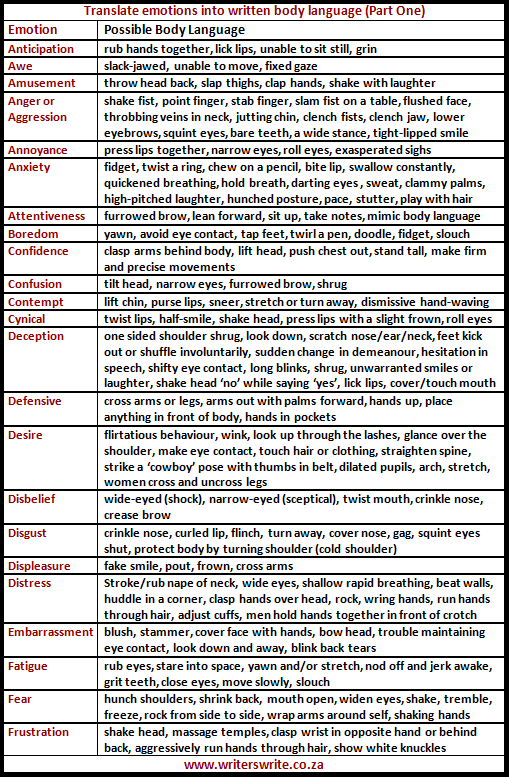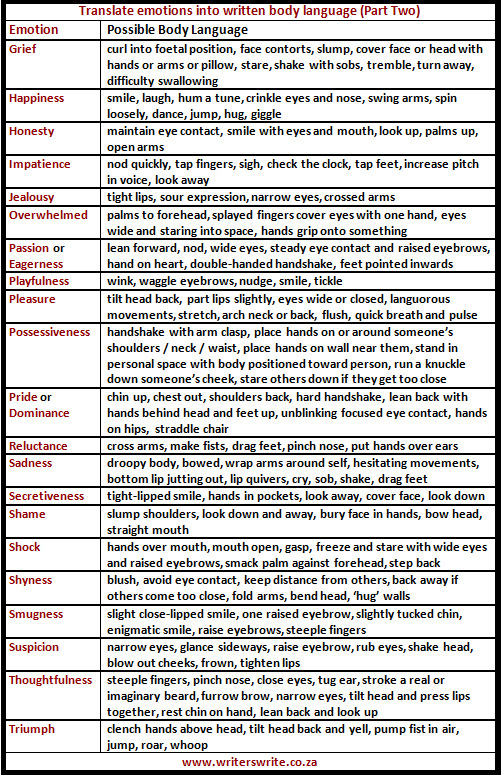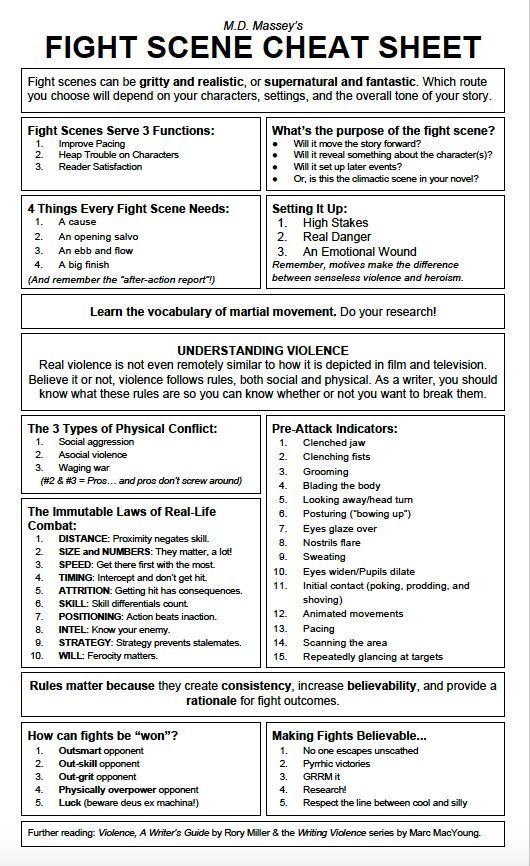❁❁❁just a lil old dudethat writes & draws sometimes❁❁❁dirgeofgelmorra is my ffxiv character/art sideblog dirgeofmemory is my fandom sideblogmordant rhapsodie @ mateus❁❁❁
Don't wanna be here? Send us removal request.
Note
Do we have to participate in the contest portion, or can people just write the prompts as practice? i just wanna make sure im not doing something i shouldnt be doing
Practice is more than welcome! In fact, I encourage people to dump their roughest, unedited, fastest written blurbs into an entry and submit it via the google form regardless of what shape the writing is in.
This is not a contest in the sense that no one is competing. Rather it's a challenge that's designed to help break down perfectionism in writing - and what better way to do that than to submit your practice writing?
Prizes are based solely on participation within the 24-hour window per prompt, not perfection.
Please submit your entries via the Google form, even if they're super rough drafts ❤️
And, even if you don't want to win a prize - you can opt out of prizes in the form if you want to
Seeing everyone's work makes me so happy! (And rough drafts make me the happiest, haha)
Happy writing!
44 notes
·
View notes
Text
How Conflict Causes Character Change
You’ve heard me say over and over again that your character arc is your plot and it’s driven by conflict. But that’s easy to say and a lot harder to do. How does conflict actually inspire change? Let’s talk about it:
1. Choose your conflicts
Not every conflict is equal, and it may be harder to justify change for some conflicts over others. The type of conflict that’s going to inspire change will force your MC to come face to face with their flaw.
Okay for example maybe your character’s flaw is that they self sabotage whenever things are going well for them. A conflict they could run into is that they’re working on something with someone they care about, and their sabotage not only impacts them, but the person they’re working with as well.
While they may be used to and fine screwing over themselves—facing the consequences of hurting someone they care about may inspire them to try to work through their flaw or make a real change in their life.
2. All conflict comes with consequences—or it’s not really a conflict
Leading from the last point, note that it’s the consequence of something happening that truly makes it a conflict, and allows it to inspire change. One thing my screenwriting prof always used to ask us was, “why hasn’t your character reached their goal yet, and why haven’t they already overcome their flaw?” You have to justify why they are in the place they are in at the start of the story.
If their flaw is self sabotage, just facing the consequences of their self sabotage wouldn’t be enough to inspire a change—because if it was, why haven’t they changed yet? So consider what consequences to their flaw they’d have to face to really force them to change. Hurting people they care about, taking away things they want, allowing their enemy to gain the upper hand, etc. are all good consequences outside of their usual that may inspire change.
3. One conflict spurs another
To help with driving the story with conflict, consider how each conflict you create can spur the next. Following our example, maybe our MC screws something up for someone they care about, then that person decides not to stay friends with them, or tells someone else what happened.
Conflict can also come from seemingly good or harmless acts, like holding the door open for someone about to rob a bank, or writing an article for a relatively unknown newspaper that turns out takes an extreme political stance in your world, etc. Each action should have its consequences that leads to more action that leads to more consequences. With enough of that cycle, the gradual change of your MC will be believable and propel their story.
232 notes
·
View notes
Text







In honor of FFXIV 2024 starting up soon, I offer you the past prompts on pretty images.
I needed these prompts all in one place for each year, but couldn't find any, sooooooo I made them myself.
Feel free to use as needed.
@sea-wolf-coast-to-coast you can use them as well.
224 notes
·
View notes
Text
"I am going to get a good grade in ___________, a thing that is both normal to want and possible to achieve" drifts through my brain with positively alarming regularity.
14K notes
·
View notes
Text
Writing really goes one of two ways:
1. Write 3k words in 30 minutes
2. Takes 3 hours to write 3 sentences
There is no in between
17K notes
·
View notes
Text
Two rules for creating anything.
1) Make it weird.
2) Make it with love.
68K notes
·
View notes
Text
Where to Start Your Research When Writing a Disabled Character
[large text: Where to Start Your Research When Writing a Disabled Character]
So you have decided that you want to make a disabled character! Awesome. But what's next? What information should you decide on at the early phrase of making the character?
This post will only talk about the disability part of the character creation process. Obviously, a disabled character needs a personality, interests, and backstory as every other one. But by including their disability early in the process, you can actually get it to have a deeper effect on the character - disability shouldn't be their whole life, but it should impact it. That's what disabilities do.
If you don't know what disability you would want to give them in the first place;
[large text: If you don't know what disability you would want to give them in the first place;]
Start broad. Is it sensory, mobility related, cognitive, developmental, autoimmune, neurodegenerative; maybe multiple of these, or maybe something else completely? Pick one and see what disabilities it encompasses; see if anything works for your character. Or...
If you have a specific symptom or aid in mind, see what could cause them. Don't assume or guess; not every wheelchair user is vaguely paralyzed below the waist with no other symptoms, not everyone with extensive scarring got it via physical trauma. Or...
Consider which disabilities are common in real life. Cerebral palsy, muscular dystrophy, stroke, cataracts, diabetes, intellectual disability, multiple sclerosis, thyroid disorders, autism, dwarfism, arthritis, cancers, brain damage, just to name a few.
Decide what specific type of condition they will have. If you're thinking about them having albinism, will it be ocular, oculocutaneous, or one of the rare syndrome-types? If you want to give them spinal muscular atrophy, which of the many onsets will they have? If they have Ehlers-Danlos Syndrome, which one out of the 13 different types do they have? Not all conditions will have subtypes, but it's worth looking into to not be surprised later. This will help you with further research.
If you're really struggling with figuring out what exact disability would make sense for your character, you can send an ask. Just make sure that you have tried the above and put actual specifics in your ask to give us something to work with.
Here are some ideas for a character using crutches.
Here are some ideas for a character with a facial difference (obligatory link: what is a facial difference?).
If you already know what disability your character is going to have;
[large text: If you already know what disability your character is going to have;]
Start by reading about the onset and cause of the condition. It could be acquired, congenital, progressive, potentially multiple of these. They could be caused by an illness, trauma, or something else entirely. Is your character a congenital amputee, or is it acquired? If acquired - how recently? Has it been a week, or 10 years? What caused them to become disabled - did they have meningitis, or was it an accident? Again, check what your options are - there are going to be more diverse than you expect.
Read about the symptoms. Do not assume or guess what they are. You will almost definitely discover something new. Example: a lot of people making a character with albinism don't realize that it has other symptoms than just lack of melanin, like nystagmus, visual impairment, and photophobia. Decide what your character experiences, to what degree, how frequently, and what do they do (or don't do) to deal with it.
Don't give your character only the most "acceptable" symptoms of their disability and ignore everything else. Example: many writers will omit the topic of incontinence in their para- and tetraplegic characters, even though it's extremely common. Don't shy away from aspects of disability that aren't romanticized.
Think about complications your character could experience within the story. If your character wears their prosthetic a lot, they might start to experience skin breakdown or pain. Someone who uses a wheelchair a lot has a risk of pressure sores. What do they do when that happens, or how do they prevent that from happening?
Look out for comorbidities. It's rare for disabled people to only have one medical condition and nothing else. Disabilities like to show up in pairs. Or dozens.
If relevant, consider mobility aids, assistive devices, and disability aids. Wheelchairs, canes, rollators, braces, AAC, walkers, nasal cannulas, crutches, white canes, feeding tubes, ostomy bags, insulin pumps, service dogs, trach tubes, hearing aids, orthoses, splints... the list is basically endless, and there's a lot of everyday things that might count as a disability aid as well - even just a hat could be one for someone whose disability requires them to stay out of the sun. Make sure that it's actually based on symptoms, not just your assumptions - most blind people don't wear sunglasses, not all people with SCI use a wheelchair, upper limb prosthetics aren't used nearly as frequently as you think. Decide which ones your character could have, how often they would use them, and if they switch between different aids.
Basically all of the above aids will have subtypes or variants. There is a lot of options. Does your character use an active manual wheelchair, a powerchair, or a generic hospital wheelchair? Are they using high-, or low-tech AAC? What would be available to them? Does it change over the course of their story, or their life in general?
If relevant, think about what treatment your character might receive. Do they need medication? Physical therapy? Occupational therapy? Orientation and mobility training? Do they have access to it, and why or why not?
What is your character's support system? Do they have a carer; if yes, then what do they help your character with and what kind of relationship do they have? Is your character happy about it or not at all?
How did their life change after becoming disabled? If your character goes from being an extreme athlete to suddenly being a full-time wheelchair user, it will have an effect - are they going to stop doing sports at all, are they going to just do extreme wheelchair sports now, or are they going to try out wheelchair table tennis instead? Do they know and respect their new limitations? Did they have to get a different job or had to make their house accessible? Do they have support in this transition, or are they on their own - do they wish they had that support?
What about *other* characters? Your character isn't going to be the only disabled person in existence. Do they know other disabled people? Do they have a community? If your character manages their disability with something that's only available to them, what about all the other people with the same disability?
What is the society that your character lives in like? Is the architecture accessible? How do they treat disabled people? Are abled characters knowledgeable about disabilities? How many people speak the local sign language(s)? Are accessible bathrooms common, or does your character have to go home every few hours? Do they have access to prosthetists and ocularists, or what do they do when their prosthetic leg or eye requires fixing?
Know the tropes. If a burn survivor character is an evil mask-wearer, if a powerchair user is a constantly rude and ungrateful to everyone villain, if an amputee is a genius mechanic who fixes their own prosthetics, you have A Trope. Not all tropes are made equal; some are actively harmful to real people, while others are just annoying or boring by the nature of having been done to death. During the character creation process, research what tropes might apply and just try to trace your logic. Does your blind character see the future because it's a common superpower in their world, or are you doing the ancient "Blind Seer" trope?
Remember, that not all of the above questions will come up in your writing, but to know which ones won't you need to know the answers to them first. Even if you don't decide to explicitly name your character's condition, you will be aware of what they might function like. You will be able to add more depth to your character if you decide that they have T6 spina bifida, rather than if you made them into an ambiguous wheelchair user with ambiguous symptoms and ambiguous needs. Embrace research as part of your process and your characters will be better representation, sure, but they will also make more sense and seem more like actual people; same with the world that they are a part of.
This post exists to help you establish the basics of your character's disability so that you can do research on your own and answer some of the most common ("what are symptoms of x?") questions by yourself. If you have these things already established, it will also be easier for us to answer any possible questions you might have - e.g. "what would a character with complete high-level paraplegia do in a world where the modern kind of wheelchair has not been invented yet?" is much more concise than just "how do I write a disabled character?" - I think it's more helpful for askers as well; a vague answer won't be much help, I think.
I hope that this post is helpful!
Mod Sasza
4K notes
·
View notes
Text
ohhh we love a good “forced to torture your friend while undercover as a bad guy” don’t we
like. when you meet their eyes and you both know you have to do it and you have to do it well
11K notes
·
View notes
Text
sometimes I multiship a character because they give off such bi disaster energy that I could see them paired up with almost every other character in the series
other times I multiship a character because I think their canon partner is such a bad match that I ship them with literally everyone else 1) to prove that anyone else makes more sense for them and 2) because they deserve to be happy god dammit
1K notes
·
View notes
Text
i wish people were normal about fat characters. god bless
15K notes
·
View notes
Text
It is okay to get fatter because of disability. You are not "downgrading" or "deteriorating" and you still deserve accommodation no matter how fat you are. Fat disabled people are treated like shit - if you were already fat, people don't believe you or think you inflicted your disability on yourself by being fat and therefore it's your fault and you should lose weight before getting help. And if you weren't fat but became fat due to your disabilities you're seen as a lazy slob who's not trying hard enough to help themselves.
You deserve better. It's okay to be fat and disabled. It's okay to gain weight while struggling.
367 notes
·
View notes
Photo


Cheat Sheets for Writing Body Language
We are always told to use body language in our writing. Sometimes, it’s easier said than written. I decided to create these cheat sheets to help you show a character’s state of mind. Obviously, a character may exhibit a number of these behaviours. For example, he may be shocked and angry, or shocked and happy. Use these combinations as needed.
by Amanda Patterson
360K notes
·
View notes
Text

best trope and you can fight me over it (i abuse this so hard with my ocs)
92K notes
·
View notes
Text
there should be more romance repulsed characters. there should be more aro characters in general but i deserve characters who would rather throw themselves off a skyscraper than be in a romantic relationship
1K notes
·
View notes


